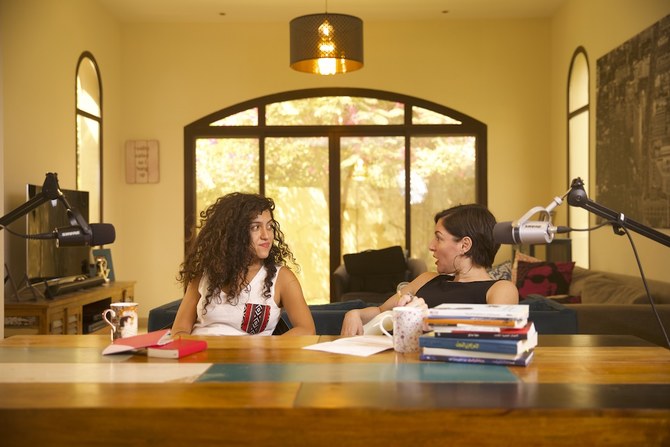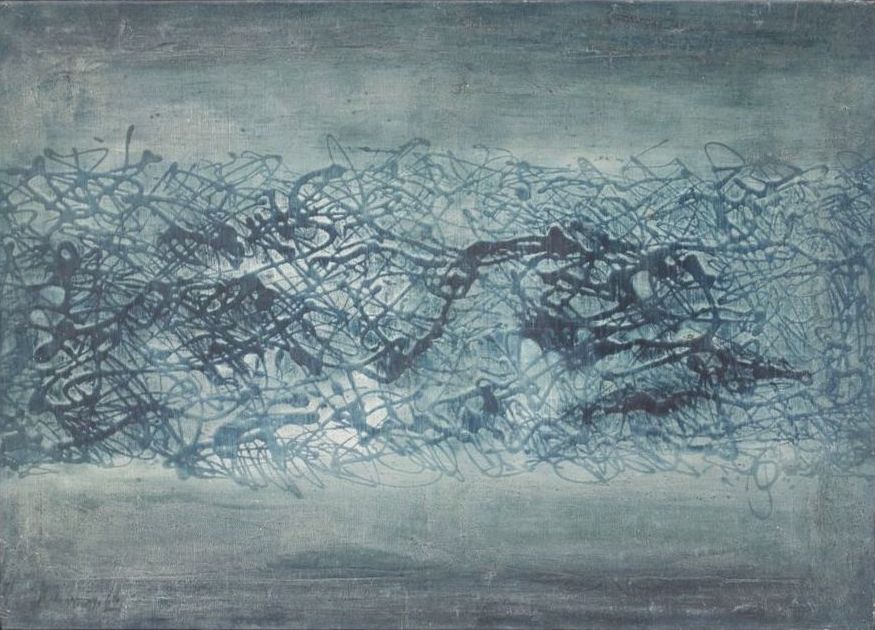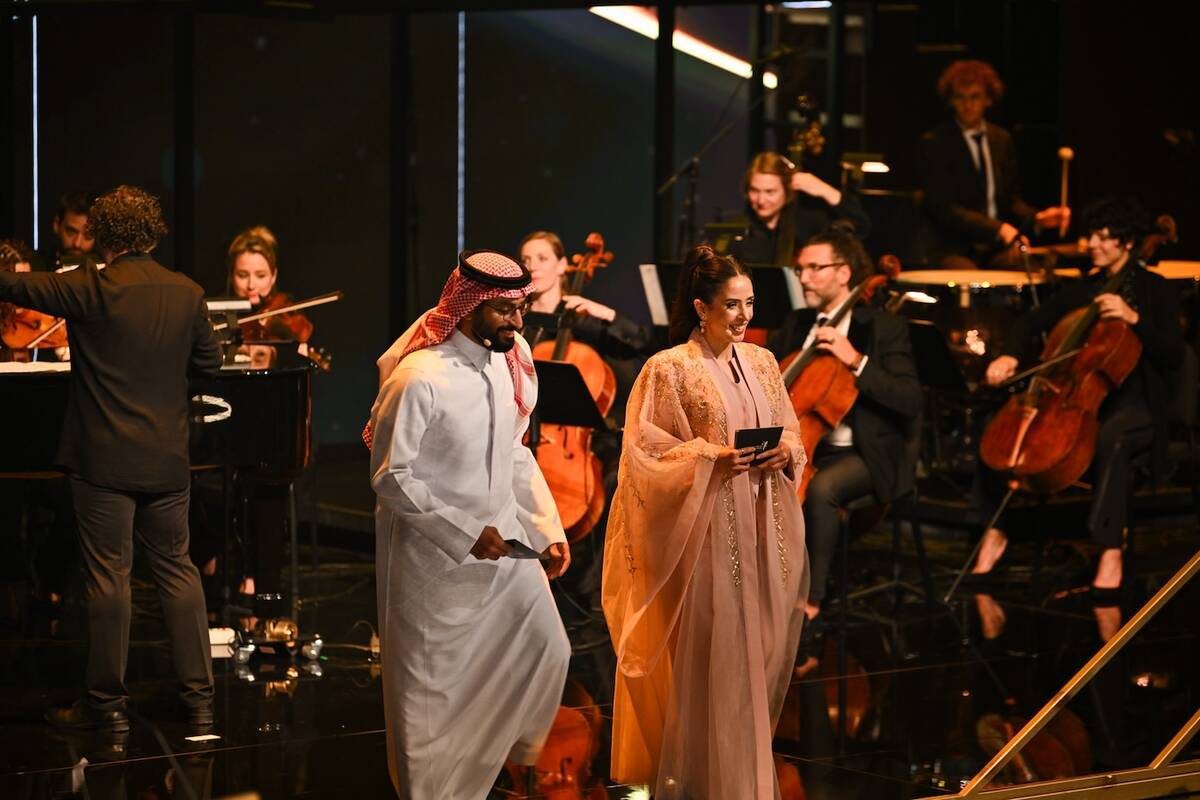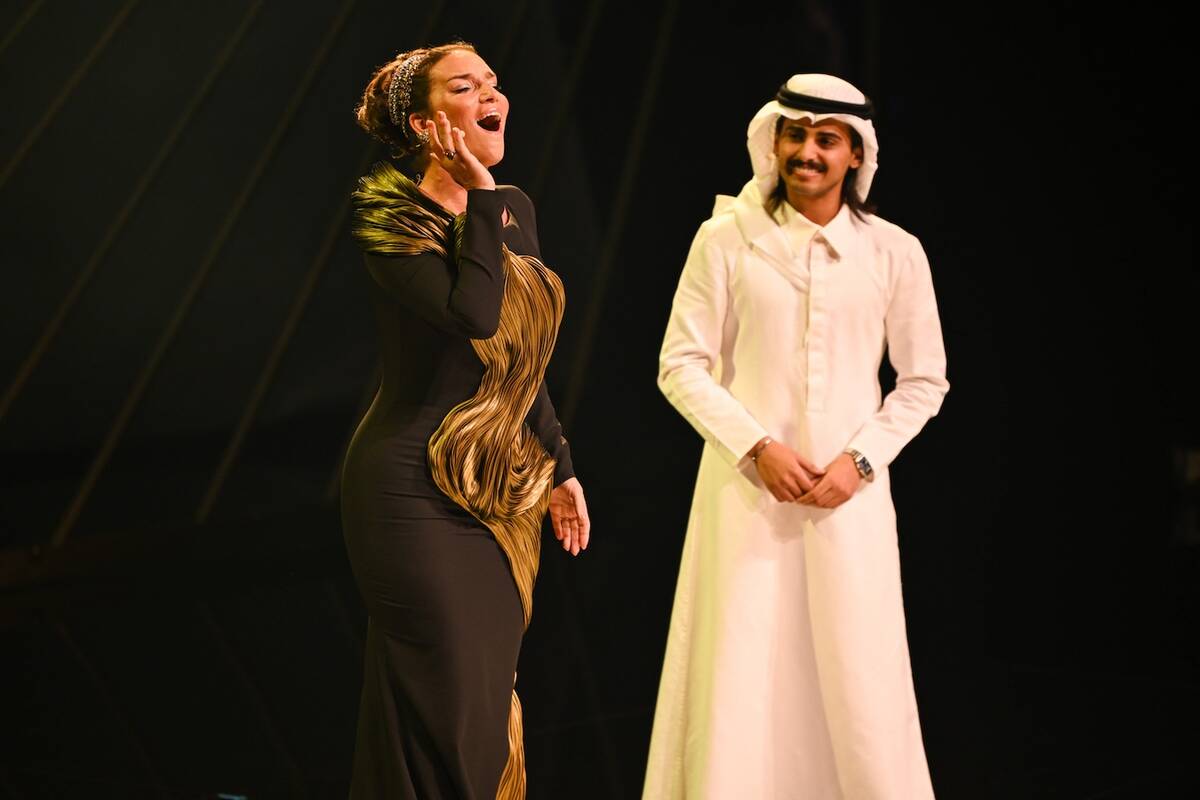DUBAI: Arabic poetry can seem intimidating. It is embedded in our collective consciousness that Arabic poetry, traditionally written and recited in classical Arabic, belongs on the page or performed in a literary saloon from some distant, forgotten era.
But times have changed. ‘Maqsouda’ is an Arabic language podcast about Arabic poetry created and hosted by Zeina Hashem Beck and Farah Chamma.
The premise of the podcast is simple: Two friends engaging in a conversation about Arabic poetry. While the concept is interesting, the fact that Hashem Beck and Chamma are both established poets adds another layer to the conversation.
Hashem Beck is an award-winning poet whose third poetry collection “O” will be published by Penguin Books in 2022. Chamma, a poet and performer, has gained widespread recognition for her spoken-word work.
Much like the act of writing, the creation and style of “Maqsouda” happened organically.
“For the longest time, I wanted to do a podcast about Arabic poetry, but I didn’t want to do it by myself,” Hashem Beck told Arab News. “Then during the pandemic, Farah sent me videos of herself reciting Arabic poetry, in her pyjamas. I thought, ‘why don’t I ask Farah?’ I did and she said ‘let’s do it.’”
Produced by the Arabic podcasting platform Sowt, “Maqsouda” comprises of two types of episodes. One where Hashem Beck and Chamma informally discuss a poem, and another where the host — or the poet, if they are available — recites some poetry.
The conversational, intimate Arabic poetry that is examined on “Maqsouda” is uncommon but intentional.
“What brought me and Zeina together to work on ‘Maqsouda’ was this ‘wall’ in
Arabic poetry,” Chamma said. “It stands in our personal writing and in our fears of making mistakes in Arabic. We didn’t want this. So, discussing Arabic poetry in this style is intentional. This labor, ‘Maqsouda,’ is to change that idea, even in myself.”
The “wall” is a familiar concept for many Arabic speakers. Whether formally educated in Arabic or not, the practice of writing and engaging with Arabic in its classical form is riddled with daunting linguistic and grammatical rules.
“There is a misconception that Arabic poetry has to be in this high language and not in our day-to-day language,” Hashem Beck added. “That’s because of the diglosia we have because of both classic Arabic and colloquial Arabic. It’s a contradictory space.”
But within this contradiction, Hashem Beck and Chamma also see a unique space for Arabic poetry to grow.
“The diglosia in Arabic adds to the richness of the language,” Chamma said.
“The fact that there is a spoken language that’s vastly different to the academic language adds a new feeling in the writing, even in my relationship with the words.”
Changing perceptions on how to engage with Arabic also goes hand in hand with shedding light on poets from across the region.
“We’d like to feature as many women as men,” Hashem Beck said. “We want to learn and diversify. Farah is Palestinian, I’m from Lebanon. We know more about poetry from Lebanon, Palestine, Syria, Iraq and Egypt. We don’t know about Tunis, Morocco or Sudan. So we’re putting in the effort to diversify who we feature as well.”
While Maqsouda aims to entertain and educate, the hope is to also create a much-needed online anthology of Arabic poets and poetry.
“It’s always been my desire to find a source that has a lot of Arabic poetry,” Chamma said. “My hope is to fill the gap and create a place where we can shine a light on Arabic poetry.”
“Maqsouda” is available on all podcast platforms.





























